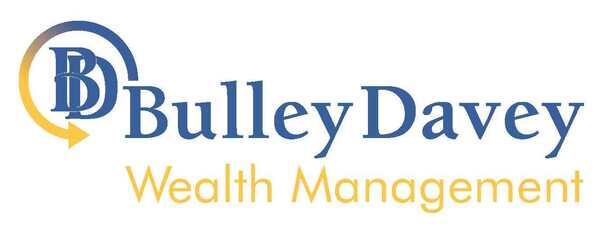Beginning your career as a young professional is an exciting time: you’ve finally entered the industry you’ve trained or studied for years to enter, and now have an opportunity to grow even further. But you always have to keep an eye on your personal finances, especially if you want to make the most of the pay your profession offers.
Furthermore, the decisions you make early on in your career can have a significant impact on your financial future. So, whether you’re just entering the workforce or already have a few years under your belt, understanding wealth management is crucial. Here are some wealth management tips specifically for you.
Create a budget and stick to it
The foundation of good wealth management is having a clear understanding of your income and expenses. In other words, it’s creating a budget. Without one, you simply cannot effectively manage your finances.
You can begin by tracking all your sources of income, including your salary, any freelance work and investments. Next, list all your monthly expenses – from rent to entertainment.
Of course, the key is to ensure that you’re living within your means and not overspending while building up your savings. A popular method is the 50/30/20 rule: allocate 50% of your income to needs (rent, bills, etc.), 30% to wants (dining out, entertainment, etc.), and 20% to your savings and investments.
Start saving early
You’ll know why it’s important to save: it’s important to build wealth over time and ensure you have something to fall back on during tough times. But it’s critical to start early. The more time your money has to grow through compound interest.
Make sure to research some saving schemes. For example, you could open a cash ISA (individual savings account) to benefit from tax-free interest on savings of up to £20,000.
Invest in your pension
If you’re employed and work full-time, chances are that you were automatically enrolled onto your employer’s pension scheme. If not, you should strongly consider voluntarily contributing so you can build up savings that you can rely on later in life. Just like your savings for a house or family, it’s essential to begin planning for retirement as early as possible. Plus, your pension pot will grow over time – so give it as much time as possible to flourish.
If you’re self-employed or run your own business, you can contribute to a private pension. Again, make sure that you are. In addition, regardless of whether you have a work or private pension, make sure to claim all the pension tax relief you can to save more without contributing a single extra penny.
Build an investment portfolio
While saving is important, investing offers the potential for greater returns over the long term. Investment is a complex and risky world, so if you’re new to it, consider starting with low-cost index funds or exchange-traded funds – and always seek advice.
You can also take a look at stocks and shares ISA, which are similar to cash ISA only your money will be traded on the stock market. That’s riskier but comes with the potential for higher rewards.
Speak with a wealth management professional
While you can begin your wealth management strategy yourself, consulting with a professional is crucial for getting it right over the long run.
As experienced wealth managers, we offer personalised guidance to help you navigate your financial journey, from budgeting and saving to investing and retirement planning.
Whether you’re just starting out or refining your strategy, we’re here to help. If you’d like tailored support and expert insights, don’t hesitate to get in touch with us. We’re here to assist you.
Note: The value of your investment may go down as well as up, and you may not get back what you initially invested.
